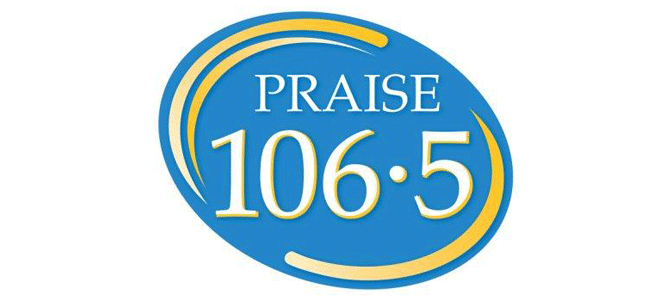“Why can’t there be a TV show that the whole family can sit down and enjoy together?”
Melissa Gilbert, who you know as Half-pint on “Little House on the Prairie,” responds to that question on NBC’s 90th anniversary special by saying, “Have you watched ‘This Is Us’?”
“I didn’t watch the show when it first came on air… but I kept hearing about it,” said the note from my talented friend Sara Carnes of The Fish in Cleveland.
“I heard ladies at work talking in the bathroom about what happened the night before, I saw screen shots on Snapchat from my friends talking it, Facebook posts, etc… people (mostly women) just raving about how incredible this show was they were watching. Finally, after a few months I told me husband… Ok, everyone is talking about how awesome this show is we gotta watch it. Well… we sat down and watched one episode and couldn’t stop.”
Methinks there is a programming lesson for us here.

“Recognizable and relatable characters.” [Your listeners should be able to relate to your on-air talent. Not just passively consume, but relate. What if “Me, too!,” was the listener’s reaction to every break?]
“Hope is a good thing… No matter how often these characters get rocked or how dark some of the story turns are, there’s still that strong element of hope that’s an essential part of this show’s DNA – a reassuring sense of inextinguishable optimism during difficult times.”
“United we watch: …At a time when the country feels divided, this feels like the type of network show of yore that we watched together.
~”10 Reasons Why ‘This Is Us’ Has Emerged as a Hit for NBC,” by Mark Dawidziak, The Plain Dealer
“Wow, every single one of these reasons relates to us in what we do at the station too. This is how we win,” Sara says.
“This is us!” could be what your listeners say about your station!




























